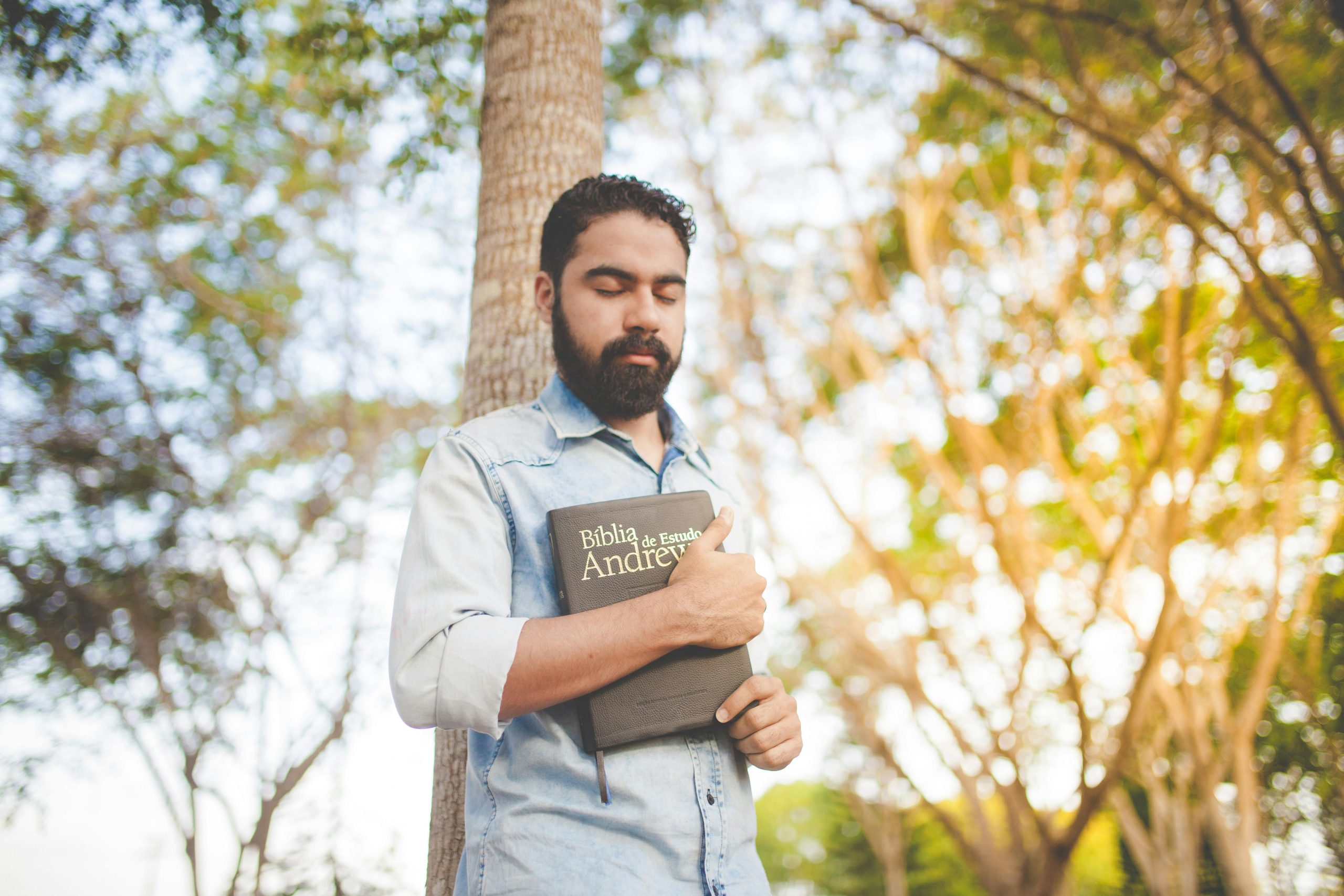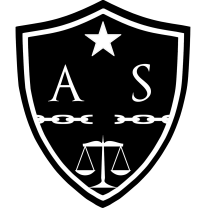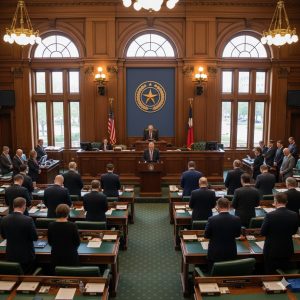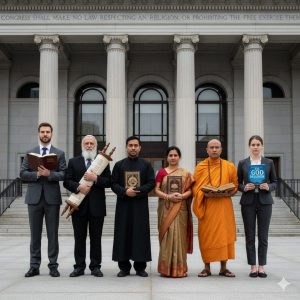
Religious Liberty is a concept that originated from the words of Jesus Himself. It says in Matthew 22:21-22, “‘Whose is this image and superscription?’ And they said unto Him, ‘Caesar’s.’ Then said He unto them, ‘Render therefore unto Caesar the things which are Caesar’s, and unto God the things that are God’s.’” When Jesus said this, He outlined that there are laws that pertain to Caesar (That is, civil government) that we must render, as long as they don’t interfere with the things that are God’s (That is, the God’s Law of God and His requirements). This is the language of the idea that sparks the separation of Church and State.
I. Historical Context of Theocracy
Theocracy: A theocracy is a system of government in which priests rule in the name of God or a god.
God’s Theocracy Covenant: God led the children of Israel out of Egypt to the
promised land. God then ruled Israel first through Judges, then through Kings. When God established the throne of David, He promised that David’s throne would be established forevermore (See 2 Samuel 7:16-17). Solomon then succeeds after his father, and the record states, “Then Solomon sat on the throne of the Lord as king instead of David, his father” (1 Chronicles 29:23). This indicates that Solomon sat on the throne of the Lord, which signifies God ruling with and through the Judges or Kings.
Israel Broke the Covenant: King Zedekiah broke this covenant which God would say to him, “Thou profane, wicked prince of Israel, whose day is come, when iniquity shall have an end, thus saith the Lord God; Remove the diadem, and take off the crown: this shall not be the same: exalt him that is low, and abase him that is high. I will overturn, overturn, overturn it, and it shall be no more, until he come whose right it is; and I will give it him” (Ezekiel 21:25-27). Israel violated their covenant with God, causing God to leave the sanctuary and the temple to lose its divine glory (See Ezekiel 10:18). Subsequently, King Zedekiah was captured by Babylon, leading to periods of foreign rule by Babylon, Medo-Persia, Greece, and Rome. During this time, the priests were unable to govern the land in the name of God, particularly when it came to capital punishment. Only the state had the authority to carry out capital punishment. This is why Jesus had to appear before Pilate, a Roman governor, to be sentenced to death. The priests no longer had the power to carry out this punishment.
Summary: God must physically dwell among the people to establish a true
theocracy, similar to how God resided in the mercy seat in the Most Holy Place. In other words, when we go to heaven, this will be a true theocracy because God will be the ruler of the universe.
II. Historical Context of Republicanism
Republicanism: Republicanism is a belief in or support for government by elected
representatives of the people, rather than government by a king or queen.
American History: “Republicanism and Protestantism. These principles are the secret of our power and prosperity as a nation. Those who first found an asylum on the shores of America rejoiced that they had reached a country free from the
arrogant claims of popery and the tyranny of kingly rule. They determined to establish a government upon the broad foundation of civil and religious liberty”
(Ellen G. White, 14LtMs, Ms 51, 1899, par. 6).
Liberty: The concept of Republicanism, which advocates for a government without a king, led to civil liberty. Similarly, Protestantism, which supported religion without a pope, led to religious freedom. These two ideas combined to form a more comprehensive concept known as, the separation of Church and State. This system safeguards citizens through civil laws while preserving their freedom to practice their religion.
Summary: History teaches us that the oppression caused by the Inquisition led our founding fathers to seek asylum in a land free from tyrannical rule by kings and the pope, which impeded their rights to life, civil and religious liberty, and lastly, happiness. This is what gave birth to the United States and its constitution.
III. Religious Liberty
First Amendment: Religious liberty is the right to personal religious belief, including observances and practices. The First Amendment says, “Congress shall make no law respecting an establishment of religion, or prohibiting the free exercise thereof, or abridging the freedom of speech, or of the press.” This is the freedom to believe, speak, worship, practice, and share our faith without coercion.
Limitations: Certain restrictions prohibit specific religious practices under the constitution. For instance, “Suppose [A man worships an idol and in] the worship of that god he attempts to take the life of one of his fellow-men, and offer it as a human sacrifice. The civil government exists for the protection of life, liberty, property, etc. [This is found in the Fourteenth Amendment], and it must punish that man for his attempt upon the life of his fellow-man. The Civil Law protects man’s life from such exercise of anyone’s religion, but in punishing the offender, the State does not consider the question of his religion at all. It would punish him just the same if he made no pretensions to worship or to religion. It punishes him for his incivility, for his attempt at murder, not for his irreligion” (A. T. Jones, National Sunday Law, U.S Senate Committee).
Thus, civil powers have the right to punish murder, theft, or any other uncivil behavior, regardless of religion.
Summary: The First Amendment protects religious liberty, but there are limitations. Essentially, these limitations are related to being uncivil towards others. As given in the example above, when anyone is uncivil to another person, his religion is not taken into account for punishment. The government is solely punishing the incivility regardless of religion, for religion in itself cannot be
punished.
IV. Conclusion
The historical context is essential for explaining the principles of religious liberty as it helps us understand why our founding fathers escaped from religious and monarchial tyranny. They established a constitution free from oppression in the United States of America, the land of the free. It is crucial to understand that religious liberty has its roots in the Bible, as this nation was founded on the principles of Republicanism and Protestantism, that is, free from civil and religious coercion. Under these principles religious liberty enabled the right to personal beliefs, observances, and practices.


